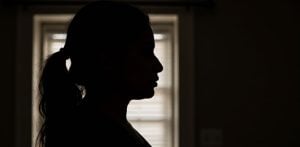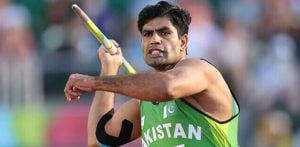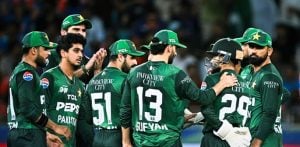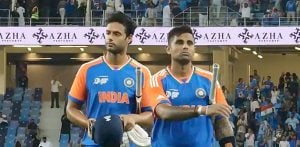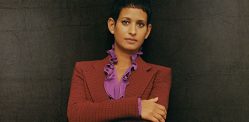"sometimes I could do with the extra hour of sleep.”
Naga Munchetty has revealed that she sometimes falls asleep between courses at her local pub due to exhaustion from her early-morning schedule.
The BBC Breakfast presenter is well accustomed to 3 am alarms.
But the early starts are catching up with her as Naga admitted:
“My local pub will put me in the corner because I sometimes sleep between meals, between courses.
“I genuinely love my job… but sometimes I could do with the extra hour of sleep.”
Despite the fatigue, she insists she is still full of energy when it comes to her social life, saying she likes to “get rip-roaring drunk at my local golf club – and no one will take my picture”.
Her comments come amid a wider conversation about her health, with Naga previously opening up about undergoing sterilisation and facing public backlash for her decision not to have children.
In 2019, she had keyhole surgery to block her fallopian tubes, after a contraceptive coil left her in severe pain and hormonal treatments proved unsuitable.
Naga said: “We liked the life we had and we wanted to pursue that life. Parenthood is expensive, it’s exhausting and a commitment for life.”
She admitted some people reacted harshly:
“My mum will say, ‘You’re still my baby and I worry about you’. But I remember people saying, ‘That’s so wicked! How can you deny your parents grandchildren?’
“It was hard for Mum, but she understands now.
“She says, ‘Naga, it would have been wonderful to have grandchildren, but equally, it’s wonderful seeing what you’re doing and who you’ve become’. Isn’t that what we want for our children?”
Naga Munchetty suffers from adenomyosis, a painful condition where the lining of the womb grows into the muscle wall.
She was diagnosed in 2022, but had experienced symptoms since the age of 15.
Throughout this time, she continued working, keeping her condition private:
“People see me as a trusted source of information, no one’s interested if I’m feeling unwell.”
Her experiences led her to write It’s Probably Nothing, a book about medical misogyny and the lack of support many women face when seeking treatment.
Naga said: “I feel a lot of responsibility as custodian to so many women’s stories.
“They were often in tears talking to me, realising how much time and how many opportunities they’ve lost because of their health.
“They blame themselves for not pushing harder, though they did the best they could.”







